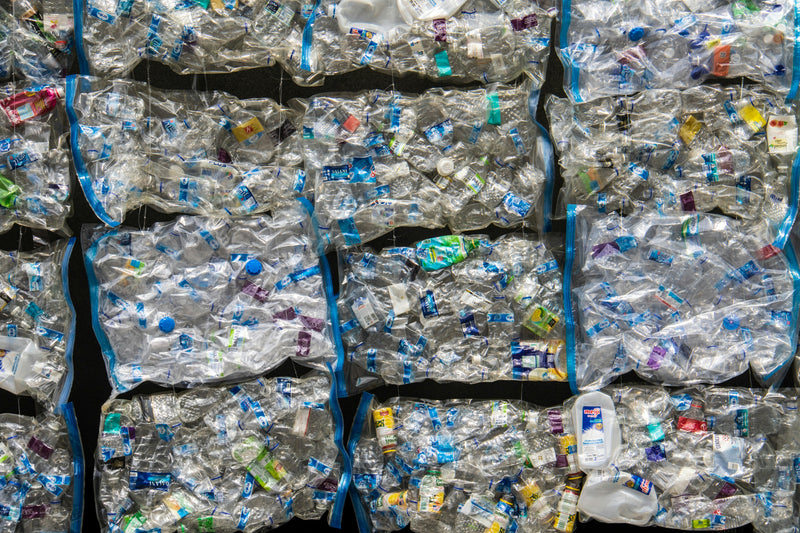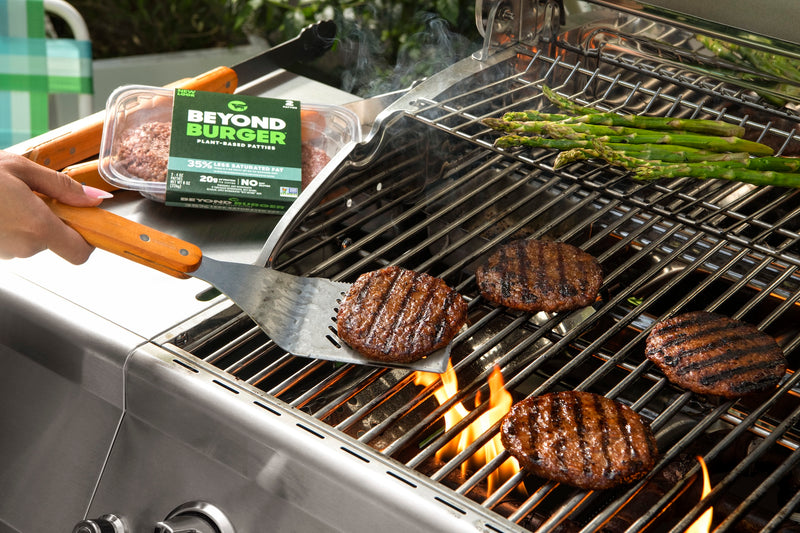We humans are quite adept at wasting food.
The U.S. is a global leader in food waste, according to the U.S. Department of Agriculture, and each year Americans waste about 60 million tons of food each year.
That jaw-dropping volume of food waste is more than lost opportunity — it’s an environmental nightmare.
A possible solution? Industrial composting.
Let’s get into it.
What Is Industrial Composting?
Industrial composting is the large-scale processing of organic waste into nutrient-rich compost. It’s similar to the at-home process, but bigger — which has advantages and disadvantages.
It prevents biodegradable materials from ending up in landfills, converting garden waste and discarded food into a nutrient-dense product that helps plants grow.
Benefits of industrial composting
A key benefit of large-scale composting is its ability to divert large volumes of organic waste away from landfills, reducing harmful methane emissions. When food and other organic waste ends up in landfills, it’s often covered in a heap that prevents its natural decomposition.
When that happens, rotting food produces methane, a greenhouse gas that has 80 times the warming power of carbon dioxide.
Industrial composting’s other perks
Benefiting from a much larger scale, industrial compost heaps get much hotter than homemade piles. Industrial-sized compost piles can reach temperatures over 300 degrees, while at-home piles are unlikely to top 200 degrees.
That head means industrial composting operations can kill bacteria and can process more materials, including animal manure, bones, grease, and even bioplastics.
A few limitations
Industrial composting requires specialized equipment that’s not cheap. It also requires more space and better monitoring systems.
There are also limitations for people and businesses hoping to use large-scale composting operations. As of 2019, there were only 185 large-scale food waste composting facilities in the U.S.
How is it done?
There are four main methods of industrial composting:
- Vermicomposting: Uses worms to break down organic matter into high-quality soil but is less efficient for large-scale operations.
- Windrow Composting: The approach uses long rows of waste piles, regularly turned to optimize decomposition.
- Static Pile Composting: This route mixes organic matter with dry materials to allow for airflow without turning.
- In-Vessel Composting: This pricey option requires specialized equipment but offers manufacturers greater control. It shreds and mixes organic matter before placing it in a machine that controls temperature, oxygen, and moisture.





